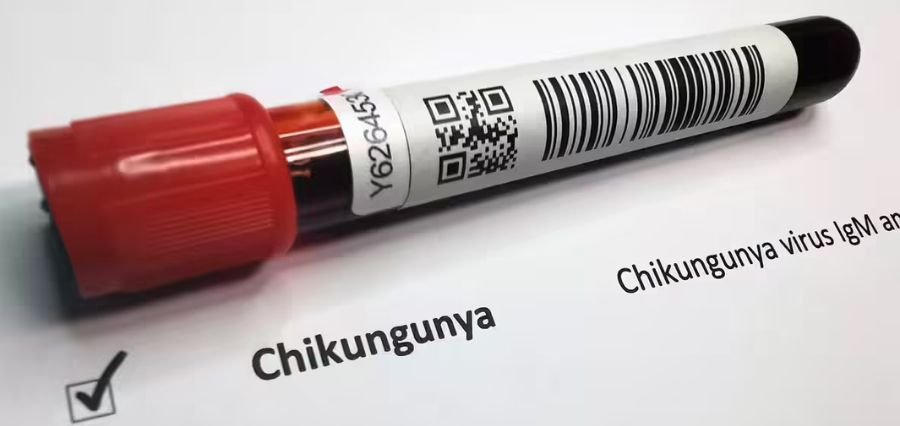Prime Highlights
- WHO alerts to international outbreak of chikungunya infecting billions of people across the world.
- Local transmission has been reported in Europe with cases confirmed in Italy and France.
Key Facts
- Since the recent outbreaks, it is estimated that a third of the Réunion Island population has been infected.
- France has recorded an estimated 800 imported cases from May 2025 and 12 locally transmitted cases.
Key Background
The World Health Organization has sounded a worldwide alert at the abrupt resurgence of the chikungunya virus, with transmission patterns remaining the same as the highest-level epidemic of 2004–05. The present wave, having begun on Indian Ocean islands such as Réunion, Mayotte, and Mauritius, has been sweeping record numbers of infections. Nearly a third of the Réunion population has already been infected over the past few months, and that puts into perspective the magnitude of the current wave.
Chikungunya, a viral illness caused by Aedes aegypti and Aedes albopictus (tiger mosquito), is seen as sudden onset of high fever, pains in the joints, headache, rash, and weakness. Although mortality is below 1%, the illness is characterized by its chronic effect, particularly joint pain that persists for months and years.
According to WHO, over 5.6 billion people from 119 nations live in places where it is suitable for the spread of chikungunya. The long-term effect of climate change, temperature rise, and urbanization have boosted breeding sites for Aedes mosquitoes, and the virus has been spreading into new regions. African nations, South Asian nations, and Southeast Asian nations, like India, Sri Lanka, and Bangladesh, are experiencing a surge in the number of cases.
Disturbingly enough, Europe is now reporting imported and local transmissions. Mainland France has correspondingly reported close to 800 cases of imports and 12 of local transmission since May 2025. Italy, too, has reported its first local case, sending chills regarding the disease gaining a toe-hold in temperate climates.
No antiviral treatment or a vaccine that is universally accepted is effective against chikungunya as of now. WHO has emphasized adoption of preventive strategies, including vector control, the use of mosquito repellents, destruction of standing water, and heightened public awareness. Without immediate interventions, the ongoing outbreak can easily escalate into an extensive epidemic worthy of historical global epidemics.





